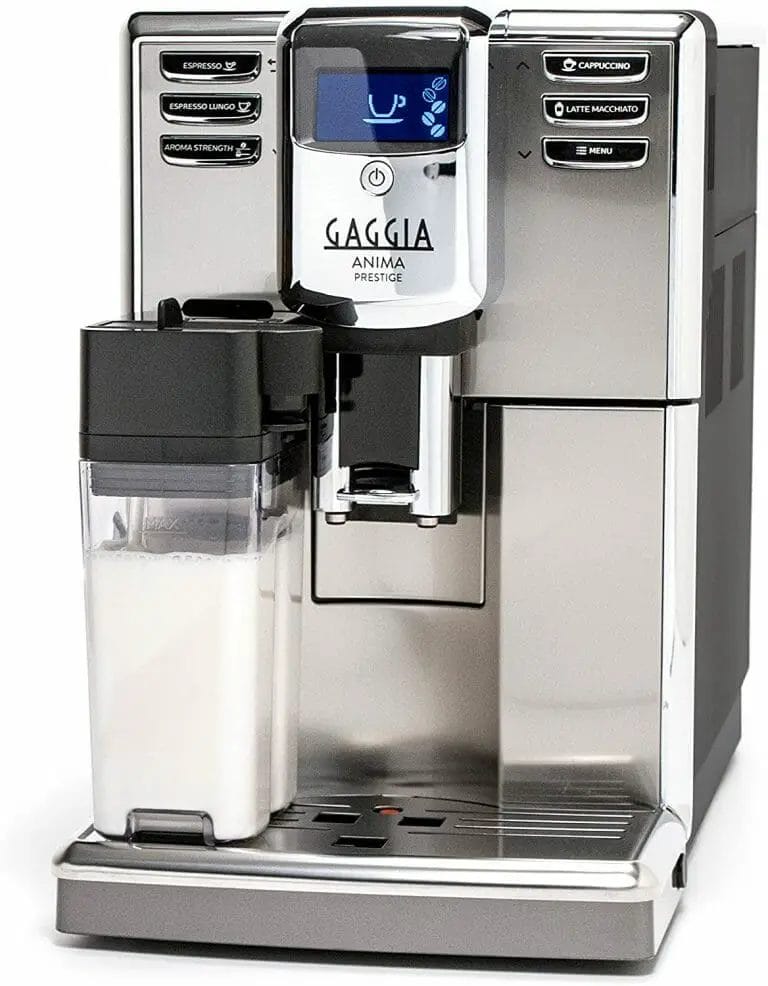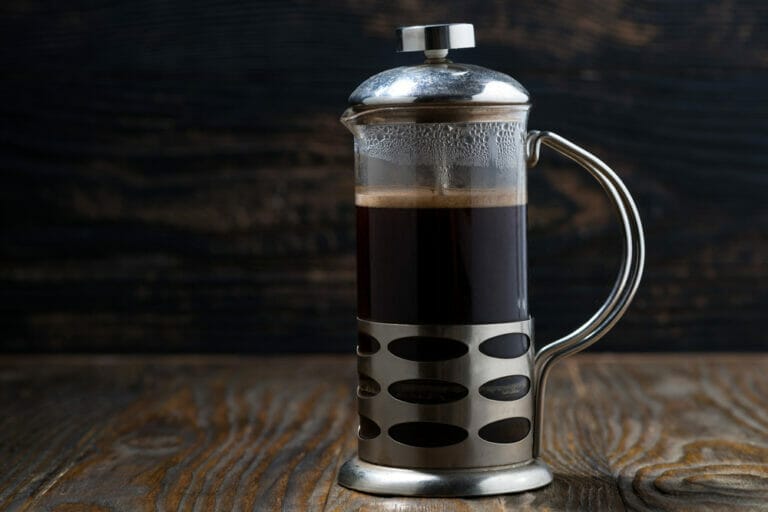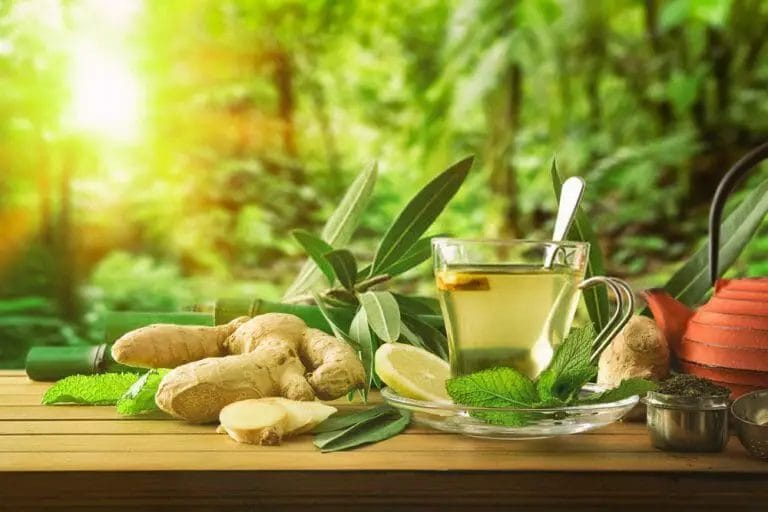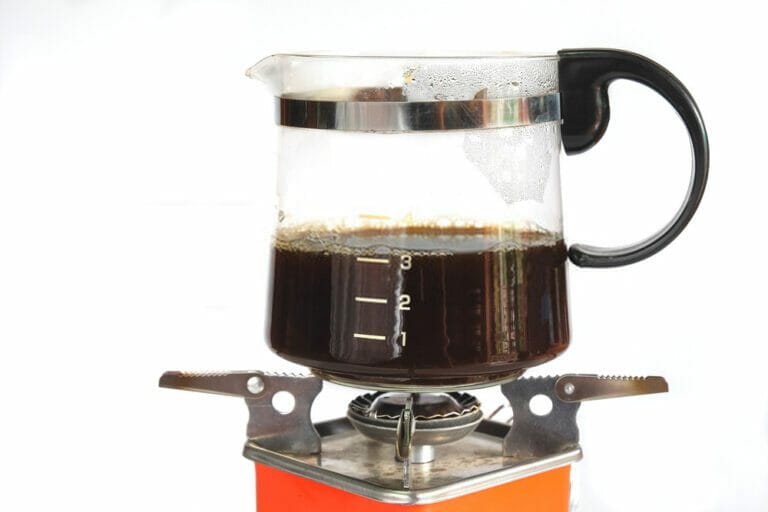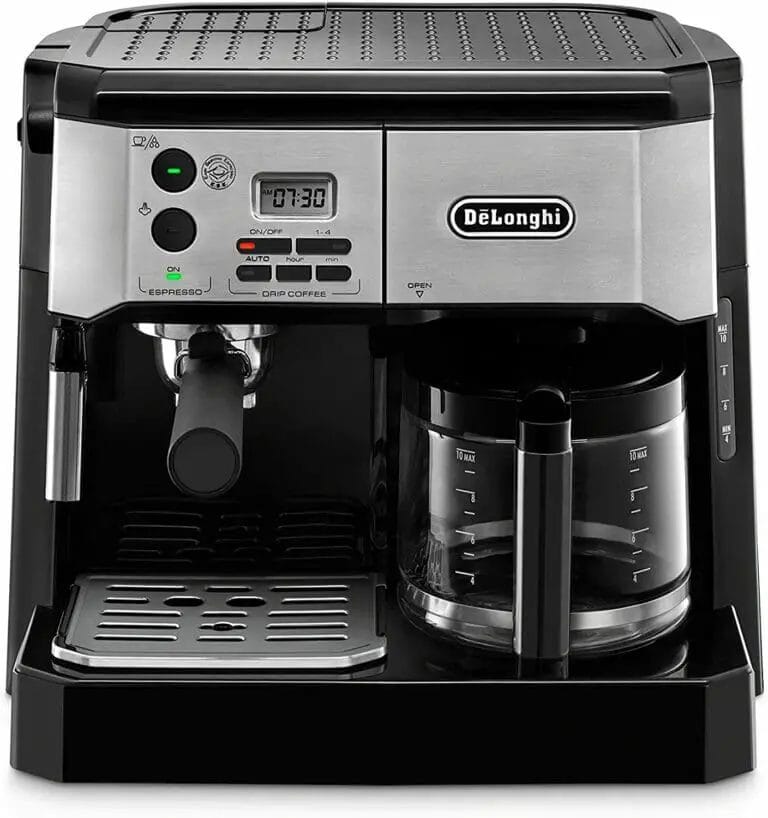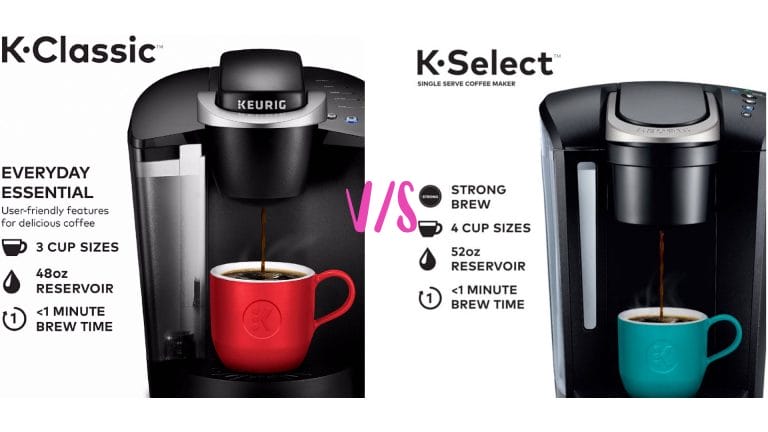Whole Bean Vs Ground Coffee Value
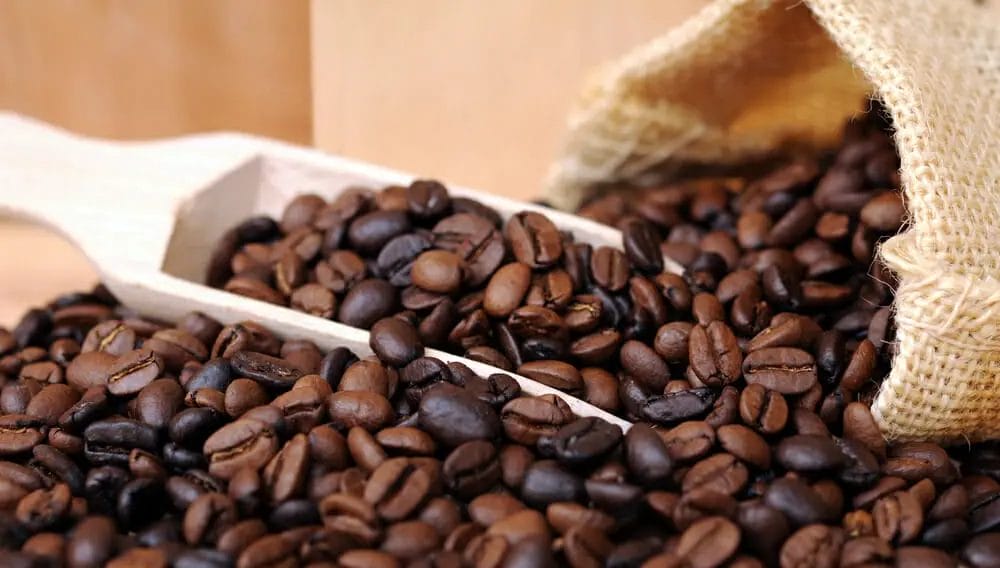
Ground coffee is the most common type of coffee today, traditionally produced by simply grinding all the beans after they are roasted.
On the other hand, whole bean coffee refers to the fact that coffee beans are initially green and kept in their green state until they are roasted. The beans are then roasted and ground into a powder.
This article will compare the two types of coffee and show you which kind of coffee is better value for money.
What exactly is whole bean coffee?
Whole bean coffee is roasted but has not yet been ground, leaving them entirely. While buying the whole bean may appear cumbersome, and it is arguably less convenient, there are numerous reasons why many people buy the entire ground.
In general, you receive a higher-quality bean and more grinding possibilities. However, to preserve the freshness and quality of their coffee, many local and tiny bean roasters only ship it in whole bean form.
What exactly is ground coffee?
Ground coffee beans are just whole beans that have been ground into small, uniform bits before reaching the consumer’s hands.

Despite the availability of whole bean brands, ground coffee remains the most common buying option.
Most ground coffee beans are ground medium to medium-fine, the most universally suitable grind for most automatic drip and pour-over coffee makers when used with a gooseneck kettle.
However, if you buy your beans from a small coffee shop or roastery, they will typically grind them for you using their high-quality bean grinder — you can determine the fineness of your grind.
Now, let’s look at the comparison between the two beans!
Whole beans keep their freshness longer than ground coffee.
If freshness is essential, whole bean coffee is the way to go. Whole beans are a fresh and green berry, while ground coffee becomes oxidized and degrades over time.
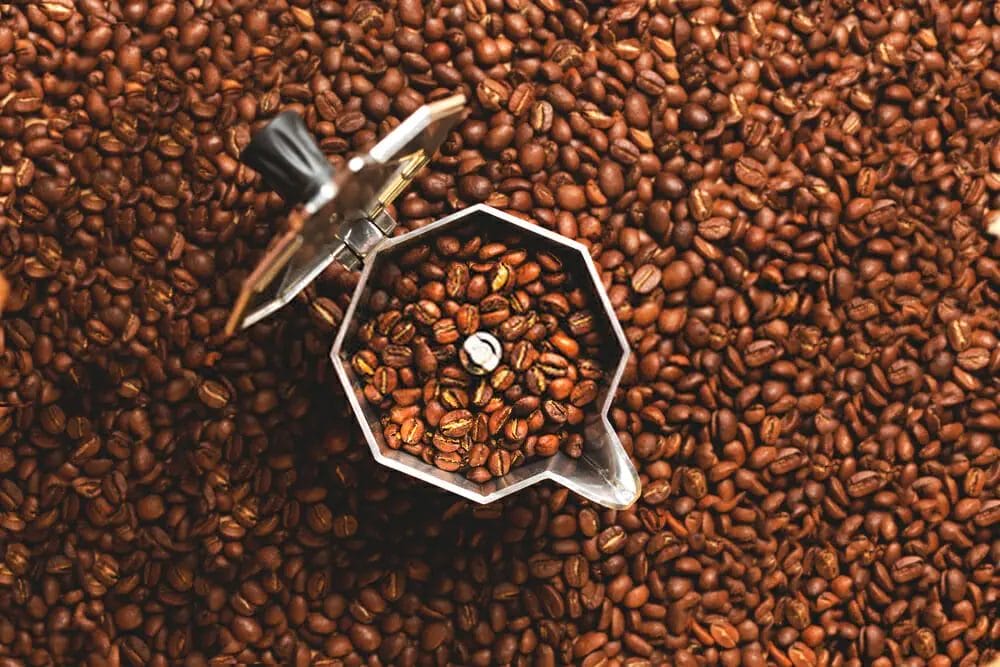
When grinding whole bean coffee, you expose the fragile contents to oxygen and heat. Fortunately, most coffee businesses do excellent packaging their ground coffee immediately after grinding. So you won't be out much money if you buy the coffee.
However, it will begin to wear off the instant you open your fresh pack of pre-ground coffee. If you keep your coffee in a container and open it every day (or several times a day), your coffee may lose scent quickly.
So, if you don't finish a pack of pre-ground coffee within 3-4 weeks of opening it, your coffee will be stale by the end of those weeks. Whole beans are reported to last between one and two weeks longer than their ground cousins.
And some brewers, including French press pots and pour-over coffee makers, require whole beans to produce the best tasting cup of java.
Ground coffee is more convenient because it is ready to use.
If convenience is more important to you, pre-ground coffee is the way to go. It’s easier to deal with because it’s already ground, and it’s also quite convenient because almost every coffee company sells pre-ground coffee.
So, if you're ever in a hurry and need a specific brand of coffee, you'll be able to find it readily if it's pre-ground.
There are numerous grind sizes available, and depending on the brewing process you choose, you may require one or more of them.
The coffee will only dissolve properly and taste its best if ground to the appropriate size, depending on the process.
The most common type of coffee maker is a drip machine, which has a reservoir for your freshly brewed coffee. So you may have to grind your coffee finer than it is typically ground before use.
If you use a french press machine, you don't have to worry about this because it immediately pours the coffee into a cup. However, if you buy whole bean coffee, you'll have to grind it to your desired size.
That could be a good or terrible thing, depending on your mood and the amount of time you have on your hands.
The use of whole beans requires adjusting the grind size.
Let’s take a moment to discuss grind size. Aside from the fact that it is fresher, the advantage of buying and using whole bean coffee is that you may choose the grind size.
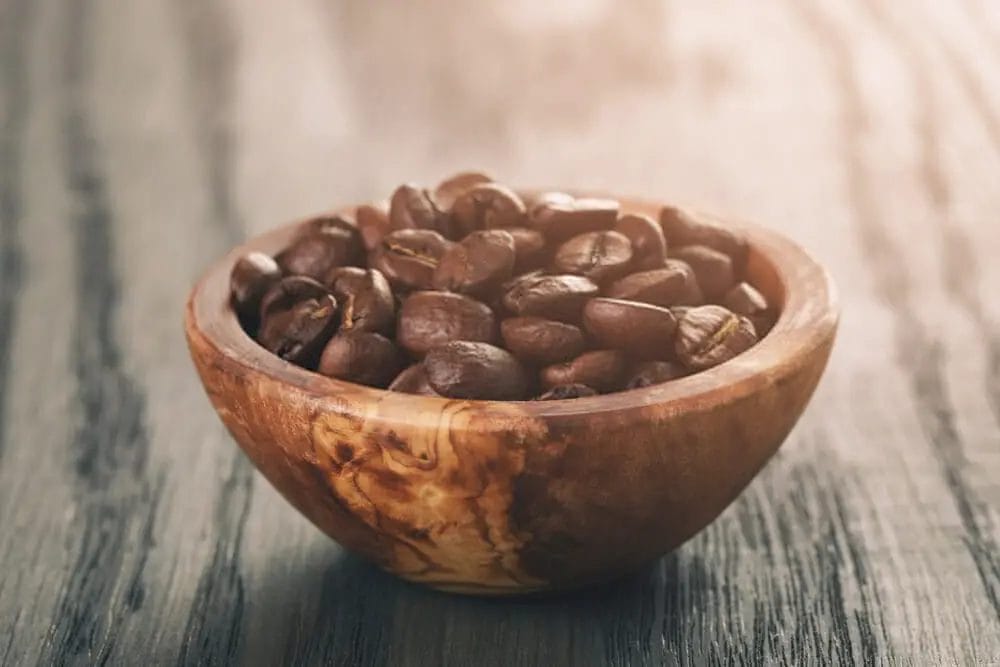
That is, if you've mastered the art of coffee grinding, you'll always obtain the exact type of coffee you desire.
No need to worry; no one gets it correctly the first time. But, with practice, you’ll be able to acquire the exact grind size you want by just understanding when to stop the grinder.
This freedom of choosing your grind size is a powerful tool that can be put to good use.
Pre-ground coffee is more widely available.
You’ll find the most popular coffee varieties, roast degrees, and typical grind sizes that the majority of people request.
Mainstream coffee isn't always bad; it's simply what is most sold/wanted. You'll have the best chance of finding a pre-ground coffee that fits your tastes if you stick to some of the popular brands that are available in most grocery stores, supermarkets, and convenience stores.
The downside is that this mainstream coffee may not be as fresh as whole bean coffee because it’s sitting around for many days before you buy it.
But, if you're in a rush and need to pick up your morning coffee before work or school, pre-ground varieties will provide you with what you want.
Buying whole beans also means buying in bulk, saving money.
Another thing to consider: pre-ground coffee comes in small containers. The standard size is roughly 250 gr/8.8 oz unless you obtain giant packets.
As a result, unless you find some unique offers, buying pre-ground coffee may end up costing more over time.
Whole bean coffee is usually a little cheaper because it hasn’t been through the grinder and has a lower production cost.
As a result, you'll be able to buy in bulk, which means that if you make your coffee at home, you'll save some cash.
Is ground coffee better value than beans?
On the other hand, you get what you pay for, so there’s no excuse for paying a premium price for coffee that has been ground.
So, if you’re looking to save money and enjoy fresh-roasted coffee in the comfort of your own home, buying whole bean coffee is the way to go.
Is it more cost effective to grind your own coffee beans?
There are a couple of things you need to know when buying whole bean coffee.
In short, while ground coffee may cost less than freshly roasted beans, you won’t experience the vibrant aroma and taste that come with freshly-roasted beans.
For example, if you purchase pre-ground coffee in a plastic bag at the grocery store, you will notice that it has an unpleasant odor.
Why is ground coffee cheaper than whole bean?
What makes whole bean coffee more attractive than pre-ground coffee is the fact that you get to choose your grind size.
Ground coffee is ground to a medium size, which means that if you choose a finer or coarser grind for your coffee, your brew will taste better and cost less.
That’s because it will have a higher fluidity, a better crema and foam, and greater body.
A good example of this is when you’re brewing French press coffee.
Is it cheaper to buy beans or pods?
As you’re grinding, you can adjust the grinder to obtain the perfect grind size for your coffee.
That’s because you can adjust it to what you need. Adjusting the grind also helps prevent a weak or too-strong brew because it dissolves faster at a particular grind size.
This means that grinding your own beans is always going to be more cost effective than buying pre-ground coffee.
Should you grind coffee beans all at once?
When you buy pre-ground coffee, you’re getting a bunch of different and varying sizes of ground coffee.
Even if it is labeled as a medium grind, the size will vary greatly—depending on the batch.
This doesn’t mean that all pre-ground coffees have bad tasting coffee with varying sizes; it is simply the nature of manufacturing pre-ground coffee.
That’s because the machines that create highly consistent batches when making mass amounts of ground coffee break down frequently.
How can I spend less money on coffee?
Coffee geeks and lovers enjoy freshly ground coffee because it’s more aromatic, flavorful, and cost-effective.
You’ll be able to grind just before brewing, which means that you won’t be wasting any coffee you don’t use.
You can also adjust the grind size to what you want.
As a result, note that grinding your own beans is the cheapest way to get fresh-roasted beans at home.
Does bean to cup taste better?
This means that you’ll enjoy more control over your brew bean to cup.
It also means that you won’t have to worry about bad tasting coffee or having too much coffee if you don’t use what you grind.
In short, if you go the bean to cup route, you can be sure that your favorite coffee will be just like the one from the gourmet shop.
Is making coffee at home cheaper?
With home-made coffee, you can be sure that your brew will be strong and tasty.
You won’t have to use fancy tools in order to grind your own beans. What’s more, you can adjust the grind size to your preference. You can also vary the number of beans you use and time it takes to brew your coffee.
While it may cost a little more than pre-ground coffee, home-made coffee is cheaper and more convenient.
Which is a better value? Ground vs Whole Bean Coffee
Ground coffee is the most common way to purchase coffee, even for lovers of fine coffees. That’s because it’s convenient and inexpensive.

However, you will rarely find that you can buy freshly ground beans in grocery stores or supermarkets; they are either pre-ground or packaged as whole bean coffee.
In short, you won’t need to grind your beans unless you purchase whole bean coffee.
Do you get more coffee with whole beans or ground?
There is no difference in coffee volume. One cup of coffee will be the same, whether ground or whole bean coffee. So you won’t end up with more coffee if you choose whole bean coffee.
However, whole bean coffee is often slightly more expensive than pre-ground coffee because the quality of the beans is higher, and you get what you pay for when it comes to coffee!
Many small, local roasters sell high-quality whole beans with guaranteed freshness, allowing them to charge a slight premium for them.
Unfortunately, a bag of whole beans cannot conceal poor quality, and the selection procedure for the best beans to sell whole is more involved and expensive than pre-ground coffee choices.
One disadvantage of whole bean coffee is that you must purchase a grinder. Though some of the models are pretty pricey, you may also invest in a low-cost grinder if you’re less concerned with the quality of your coffee.
The bottom line is this: your choice of coffee will depend on your brewing method, personal preference, and schedule.
Buy pre-ground coffee if you’re in a rush or don’t want to deal with the intricacies of grinding your beans.
You'll pay less and have access to popular varieties. But, if you have the patience and skill to grind your beans, go for it!
You’ll save money and have cheaper ground coffee on hand because you can choose the grind size when buying whole bean coffee.
Both pre-ground coffee and whole bean coffee are excellent choices, but what you do with them is essential.
How frequently you consume coffee, how well you can store your coffee, what your budget is, and just understanding your flavour preferences in general.
Once you've mastered those, you'll know exactly what kind of coffee to order!

